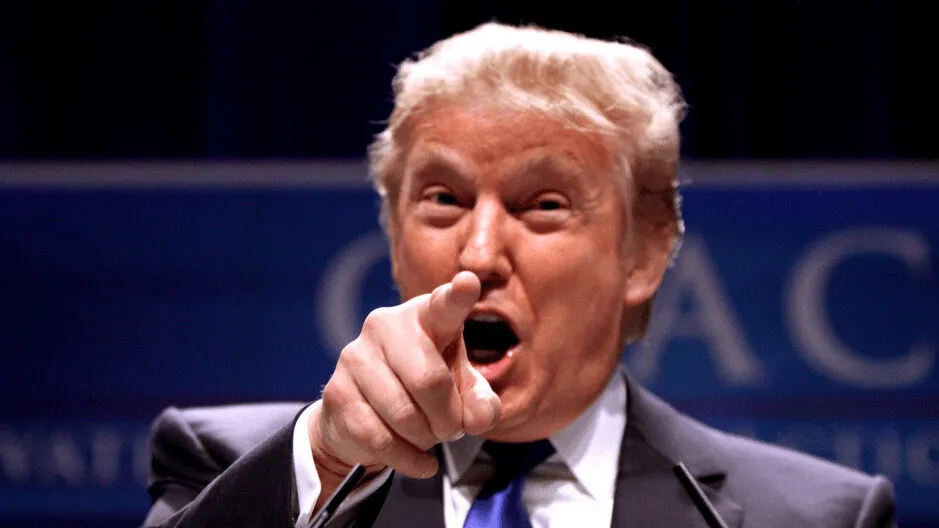In a new move that has sparked considerable controversy in both economic and political circles, former U.S. President Donald Trump currently running a new election campaign announced the imposition of a 30% tariff on imports coming from the European Union and Mexico. The announcement was made via his social media platform "Truth Social," where he explained that the tariffs would take effect starting August 1st, marking a significant escalation in U.S. trade policy toward its traditional partners.
Trump justified the decision as an effort to address the trade deficit with the European Union, claiming that European policies harm American exports, particularly in sectors like automobiles and technology. He also stated that the tariffs on Mexico were in response to what he described as Mexico’s “failure” to curb the flow of drugs and illegal immigrants into the United States. This linkage between trade policy and border security issues has drawn widespread criticism, especially from advocates of open economic relations.
These new tariffs are seen as an extension of the “America First” policies that Trump promoted during his previous presidency, which included a series of trade wars with China and other partners. However, this latest move is considered particularly serious given the economic significance of the European Union and Mexico as key trade partners. The tariffs are expected to disrupt supply chains and lead to higher prices on imported goods, potentially exacerbating the inflation that the U.S. is already struggling to contain.
Reactions from European and Mexican officials were swift. Some governments have begun discussing possible retaliatory measures and the prospect of filing complaints with the World Trade Organization. Meanwhile, major American companies have voiced concern about deteriorating trade relations, which could hurt their investments and reduce export opportunities. Economists warn that such a policy could slow down global economic growth at a time when the world is trying to recover from the successive crises of recent years.
In the end, it appears that Trump is attempting to impose a new economic reality that puts the United States in a stronger negotiating position. However, he may be risking the ignition of a global trade conflict whose costs could far outweigh its temporary political gains. As the elections draw closer, one question remains: Will the American people end up paying the price for these tariffs, or will the U.S. achieve strategic gains that justify this escalation?
